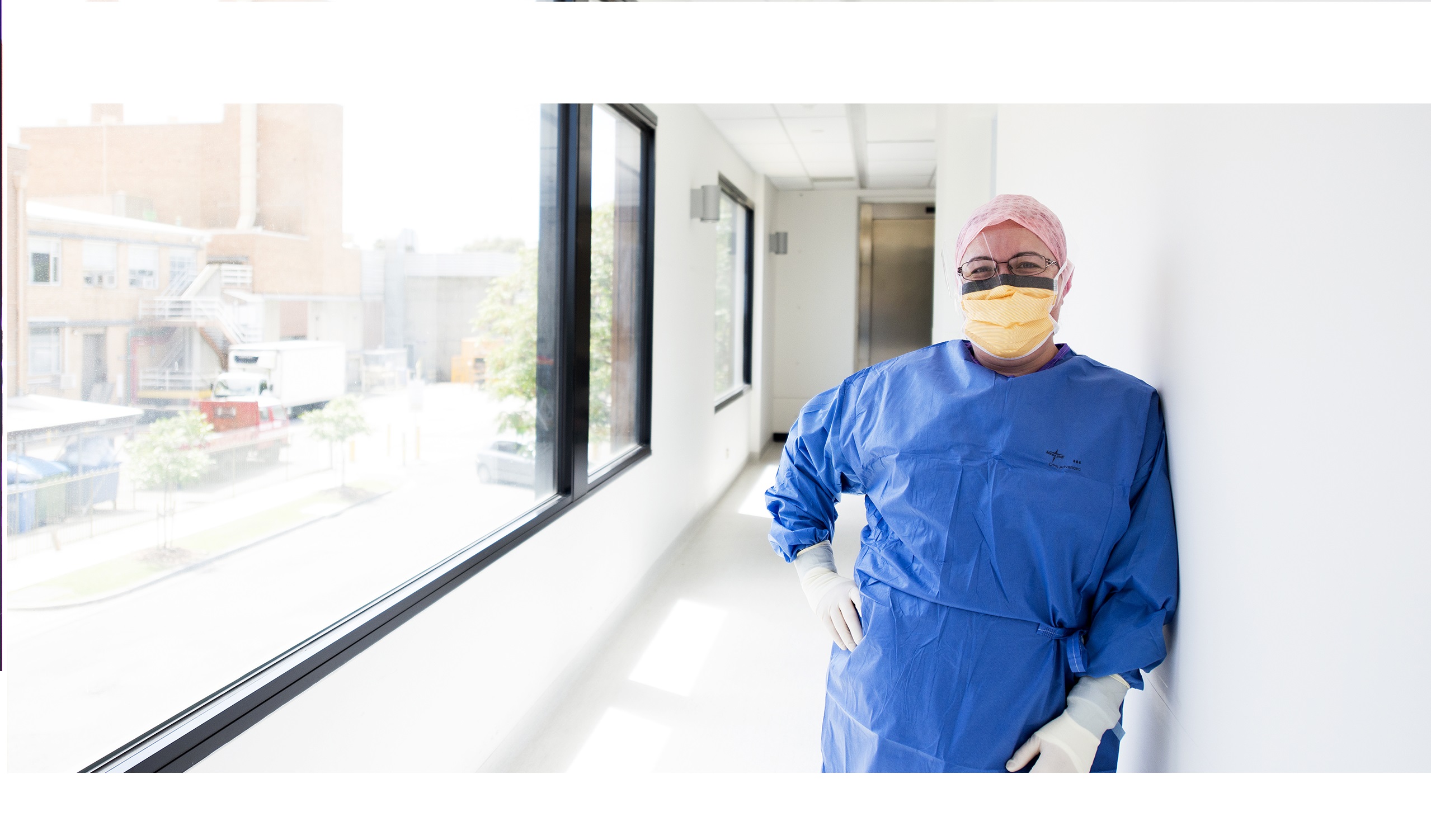Infection Prevention & Control at Western Private Hospital
Everyone has a duty to prevent the spread of infections within a hospital. This includes your nurses, doctors, receptionists and admin staff, PSA’s, physiotherapists, family and friends.
Western Private Hospital has implemented systems with the intention to prevent infections and diseases being acquired in the hospital environment and effectively manage them if they do occur.
Infections in healthcare
At least half of all healthcare associated infections are thought to be preventable. Although every possible step is taken by staff to prevent infection sometimes there are unforeseen circumstances and things can go wrong.
How do infections happen?
In healthcare settings infectious agents can be transmitted by: Contact, Droplet or Airborne means.
Contact Transmission
Occurs by direct physical contact from one person to another or passive contact between a person and an object such a door handle or bed rail that may have been contaminated by someone else.
Droplet Transmission
Occurs when respiratory droplets generated via coughing, sneezing or talking contact bodily surfaces such as eyes, nose or mouth.
Airborne Transmission
Refers to infectious agents that are spread via residue from evaporated droplets. These microorganisms remain suspended in the air and infect the respiratory tract.
What is WPH doing?
Infection prevention and control practice aims to reduce the development of resistant infectious agents and to minimise risk of transmission.
On admission we will ask you to complete an infectious disease questionnaire which will alert staff if there is any risk of infection to other patients, visitors or staff.
We thank you with your cooperation when filling this in.
However, as there is no single cause of infection, there is no single solution to preventing infection. Successful infection control practice requires a range of strategies across the healthcare system. Our staff at WPH knows how important infection control and prevention is and take every possible step to prevent the spread of infection.
Hand Hygiene
Hand Hygiene is the single most important way to help prevent infections in hospital.
5 steps of hand hygiene
The ‘My 5 Moments for Hand Hygiene’ approach defines the key moments when health-care workers should perform hand hygiene.
This approach recommends health-care workers to clean their hands
- Before touching a patient,
- Before clean/aseptic procedures,
- After body fluid exposure/risk,
- After touching a patient, and
- After touching patient surroundings.

.


